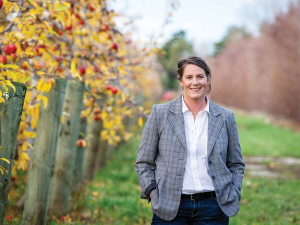World prices posted a small rise in last Tuesday’s GlobalDairyTrade, consolidating the 1.1% rise in the previous auction, says Westpac economist Nathan Penny.
“On a trade-weighted basis, dairy prices rose 0.7%. Prices rose in five out of seven of the main products, although the benchmark WMP series was effectively flat (up 0.1%). Prices are now 13% below the record level reached in April,” he says.
But overall prices 69% are higher than the same time last year, he says.
“Over 2013, as New Zealand production recovers from drought we expect world dairy prices to descend further from their April record peak, but to remain at elevated levels by historical standards. Overall world dairy supply remains relatively tight. Coupled with strong Asian demand, particularly from China, these factors should see dairy prices higher on average over 2013 compared to 2012.”
However Penny says the bank’s forecast of $6.50/kgMS is under review because of the downward movement of the US exchange rate and this effect on world dairy prices and wider dairy market trends.
Rabobank’s Australian-based senior dairy analyst Michael Harvey, who has been touring the North Island, says milk production will return to growth in key export regions in late 2013, as farmers in the Southern Hemisphere get a crack at farm gate milk prices 20-33% higher than 12 months prior.
“Prices are likely to drift down, as some demand is ‘choked off’ in emerging markets and buyers at least see a new season commencing in the Southern Hemisphere, but the shift will be limited.”
Harvey says weather conditions have improved markedly through March and April with virtually all key dairying regions in New Zealand experiencing good rainfall and mild temperatures.
“Production will edge marginally above prior year levels as the season builds, with the benefits of a slightly larger herd and the ability to buy feed offsetting mixed cow conditions and low feed reserves,” he says.
“Looking at the global situation, from early 2014 we should see a stronger supply response from most major dairy exporters, and this will create bounce in export product availability.”















